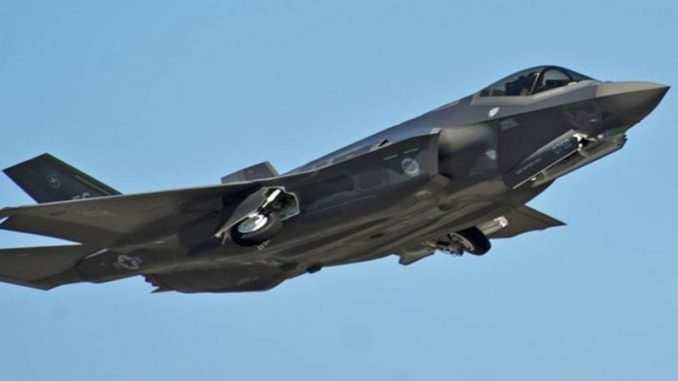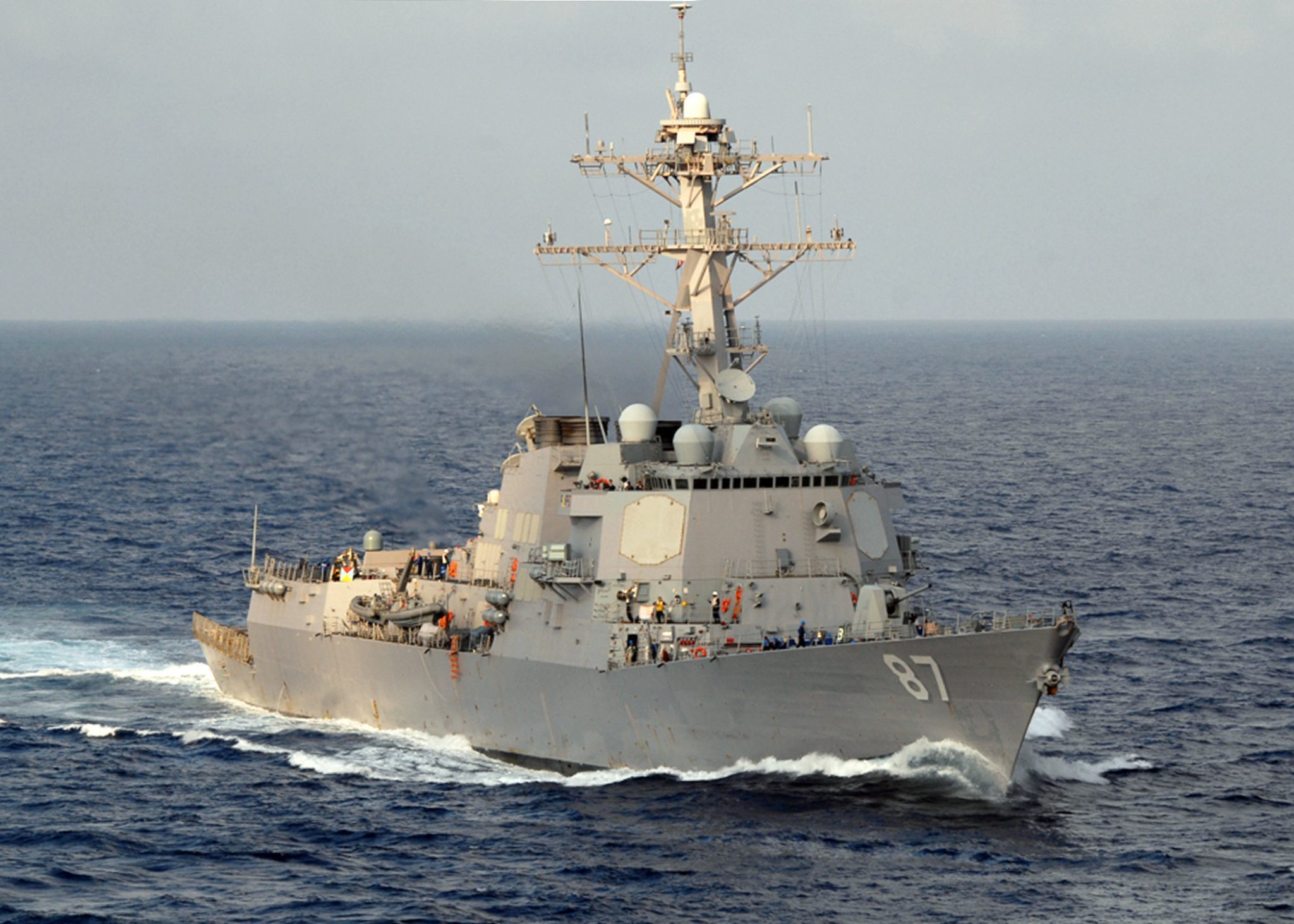
The Biden administration cleared the way for a massive arms sale to the United Arab Emirates, but Abu Dhabi’s growing ties to China reportedly could snarl the $23 billion deal, which includes the F-35 stealth fighter.
After a review concluded last month, the White House notified Congress that it plans to approve a deal brokered under the Trump administration to sell up to 50 Lockheed Martin (LMT) F-35 jets, 18 General Atomics Reaper drones and scores of munitions.
The UAE has wanted the F-35 for several years and expected to obtain it after establishing diplomatic ties with Israel in August 2020. Israel typically gets a five-year head start over other U.S. allies in the Mideast when buying new weapons.
But despite its approval, the Biden administration is still negotiating the terms of the agreement. Talks are focused on U.S. requests that Israel maintain its quantitative military edge, that U.S. weapons aren’t used in Yemen and Libya, and that China and other third-party countries don’t have access to the F-35 and Reaper technology, according to a Wall Street Journal report.
Israeli Prime Minister Benjamin Netanyahu and Defense Minister Benny Gantz have said publicly that they will not oppose the sale of the weapons to the UAE.
But the UAE’s growing ties with China could sink the deal. The People’s Liberation Army has sent equipment to the UAE, raising concerns that China could be building a base in the country, sources told the Journal.
An official told the media outlet that Washington has said that allowing China to build a base in the UAE would terminate the weapons deal. But the official added that the U.S. and UAE might not agree on what a “base” entails.
Remove Huawei from your networks first!
The UAE has come under pressure from the Biden administration to remove China’s Huawei equipment from its networks within the next four years or risk termination if its deal with Washington to purchase F-35 jets and drones; a major reason for why the Gulf state normalized ties with Israel last year.
The US has demanded that Huawei equipment be removed within the next four years before the scheduled delivery of F-35 fighter jets in 2026 or 2027. It’s claimed that Huawei, China’s biggest tech firm which provides the infrastructure for the 5G telecommunication system, is used to spy on behalf of the Communist party. China has denied this claim.
Though Emirati officials have not declined the request, they said that they’d need more time to find an alternative that’s feasible, according to three people cited in Bloomberg who spoke on the condition of anonymity.
This is the second such threat. Last month there were reports that the multi-billion dollar sale of fighter jets was in jeopardy due to security cooperation between Beijing and the UAE. There was no mention of Huawei at the time.
Dispute over Huawei goes back to the Trump era. Despite being pressed to reverse its deal with China by the administration of former President Donald Trump, who at the time was desperate to get the so-called “Abraham Accords” over the line, Abu Dhabi was promised the sale of the F-35.
President Biden however has announced a review of that sale and there is a possibility that the Emiratis will fail to get their hands on the coveted F-35, according to people familiar with the deal.
The UAE now finds itself in the difficult position of balancing the interest of two major allies. In a clear indication that China will not take American pressure lying down, the country’s Foreign Ministry is reported saying in a statement, “we share the view that China-UAE cooperation serves the common interests of both sides and benefits the two peoples” and that “it has nothing to do with and does not tolerate interference by third parties.”
Though Abu Dhabi’s relation with Washington is thought to be deeper than that with Beijing, China was the UAE’s top trade partner with $53.67 billion in total trade last year, more than double what it had with the US.
If the UAE fails to juggle its relations it faces a lose-lose situation and the potential that it will not get its hands on the F-35 fighter jets which were a major reason for normalizing ties with Israel.
As reported in Haaretz, despite numerous Israeli denials, former US Secretary of State Mike Pompeo said this week that the sale of the advanced fighter aircraft to the UAE played a “critical” role in convincing the Gulf state to establish diplomatic relations with Israel.



